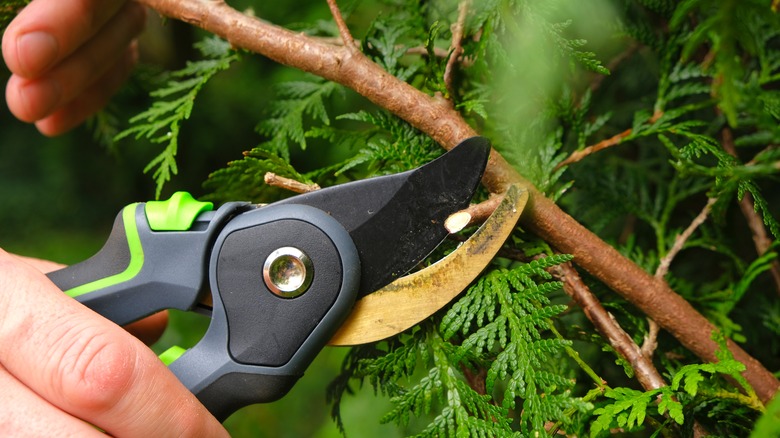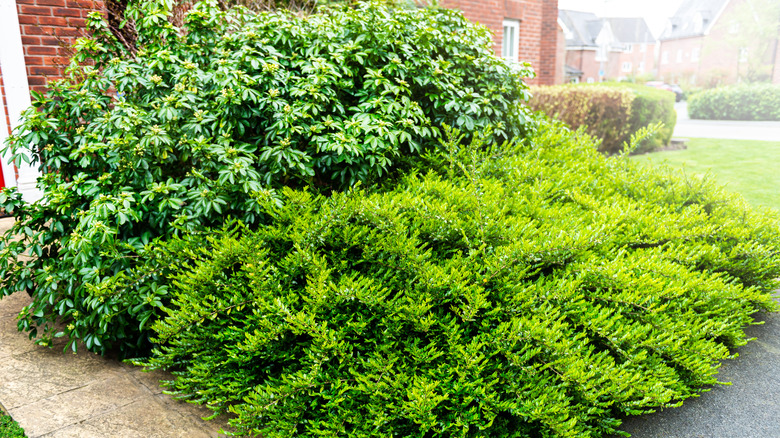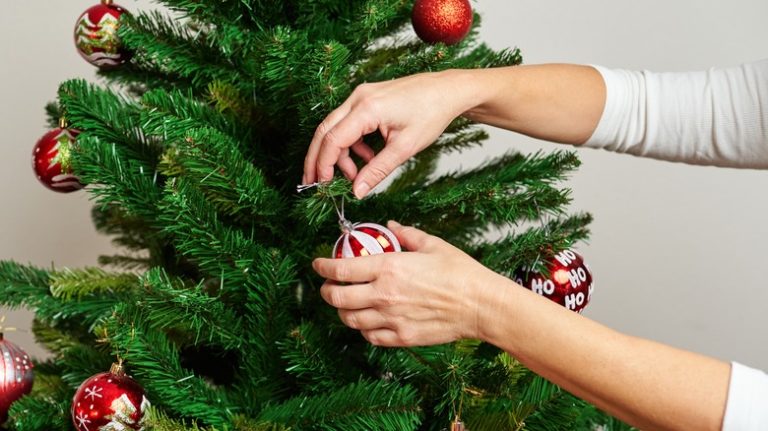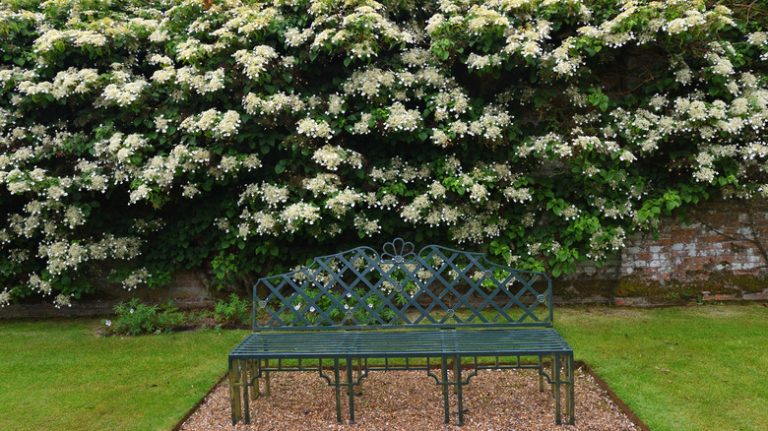Garden
Darby Wagler
As spring comes into full swing, you may start to consider how to make your yard look as beautiful as possible. While you could always plant flowers or spread mulch, there’s another task that every homeowner should complete during this time of year: pruning their spring-blooming shrubs.
Along with aesthetic benefits, shrubs need to be pruned because this action allows the middle of the plant to get more sunlight and air circulation, which could help protect it against diseases and damaging pests. Further, cutting down the branches will stimulate more growth, which could help a plant that’s looking a bit lackluster produce the branches or flowers you’re desiring.
Finally, if you don’t cut back some of the smaller and weaker branches, your shrub may get damaged by harsh weather conditions. However, while this is a necessary spring task, some may wonder how much of each branch they should prune. Luckily, there’s a foolproof way to determine the right amount, and it removes the guesswork completely.
What is the 1/3 pruning rule?

yul38885/Shutterstock
This rule is quite simple: Basically, it says that the maximum amount you should remove from a branch is 1/3 the total length, per Backyard Boss. This will allow more sunlight and air to filter into the middle of the plant, which will keep it healthy. It’ll also remove any weak, damaged, or dying branches, which could protect the plant from further damage.
If you’re typically heavy-handed when pruning, this may seem like it’s not enough. However, the problem with pruning too much is that it may cut off so much of the plant that it doesn’t have enough energy to keep producing, which may cause it to die. Overcutting can also sometimes have the opposite effect and make the plant grow back more, which would force you to cut it back more often. Therefore, sticking to this rule will not only give your shrub the right amount of energy but will also keep it well-maintained, so you don’t have to prune as often.
Exceptions to the rule

Manuta/Getty Images
While trimming off 1/3 of each branch is a great place to start, it’s not a be-all, end-all solution for every plant. There are a few scenarios where more may need to be trimmed to better care for your shrubbery.
If your shrub has recently been planted, you shouldn’t prune it for a couple of years. This is because it needs time to get established and grow up. Shrubs that are overgrown or damaged, however, may need to be pruned more in order to make them look their best or to remove things like disease. It’s also important to research the species you have in your yard to see if they’re more or less prune-tolerant.
Some types can be heavily pruned and grow back great, while others require more precautions and should only be slightly cut back. Some homeowners may also prune their shrubs more than 1/3 for aesthetic reasons, as more may need to be cut to create a specific shape.



